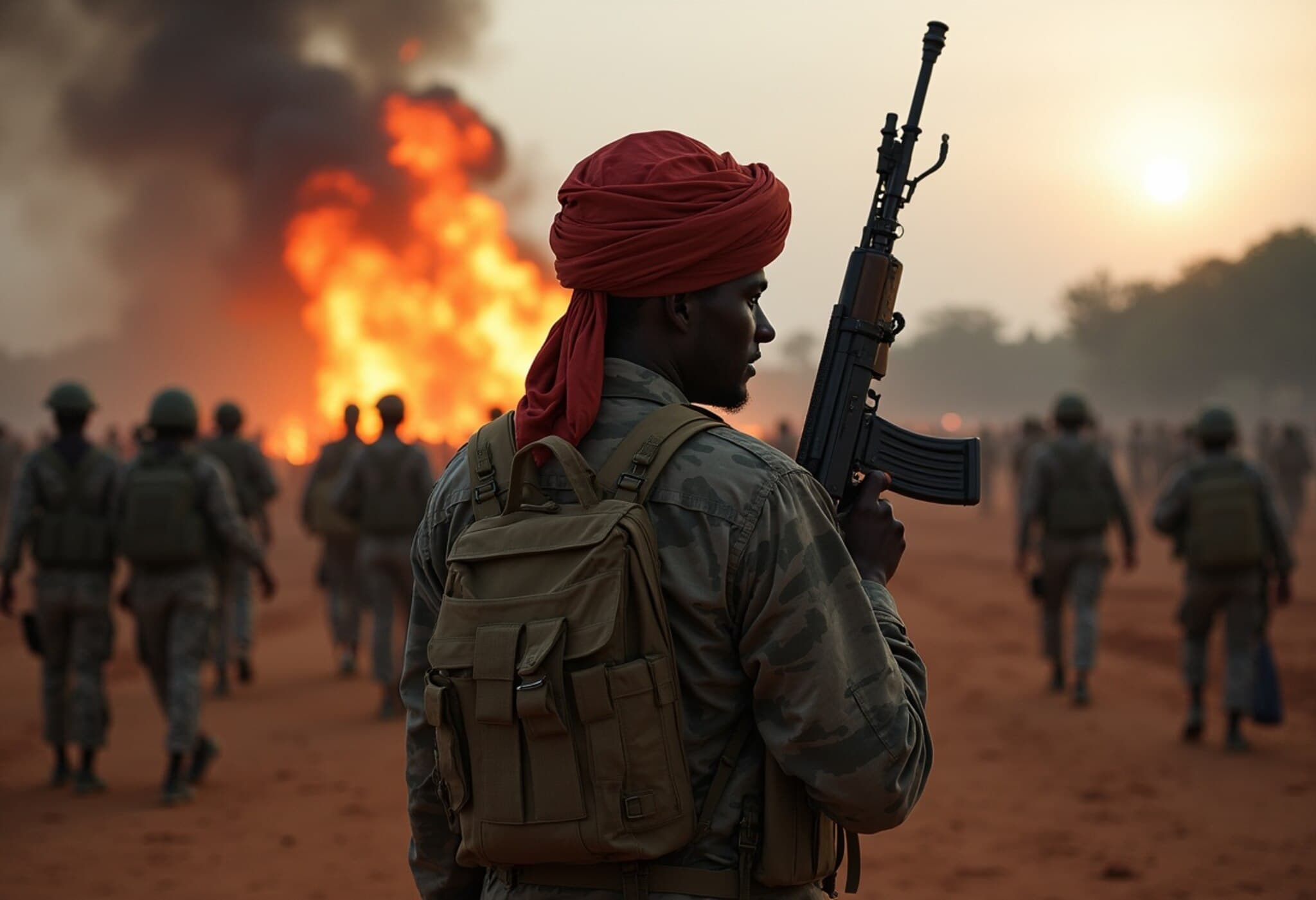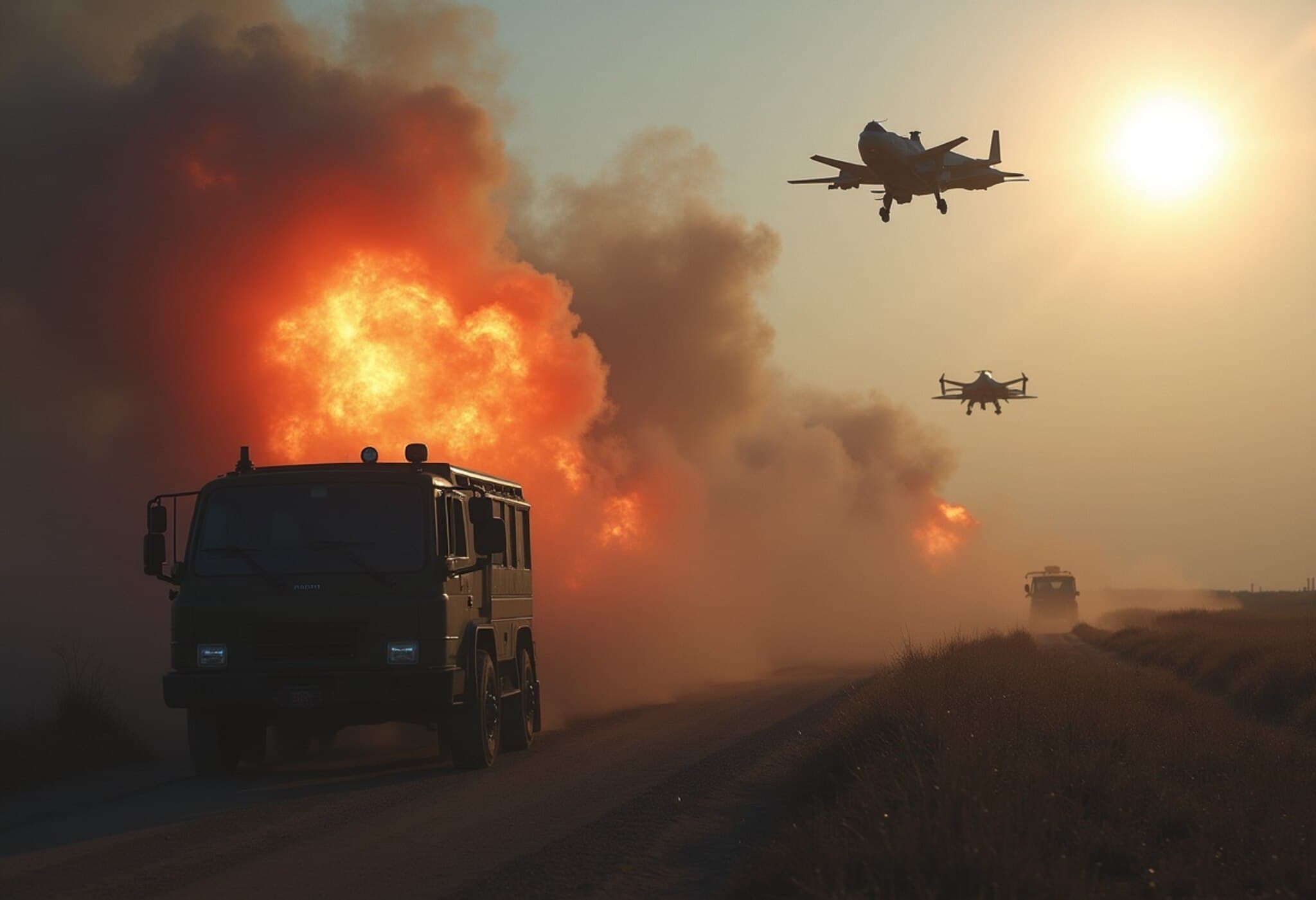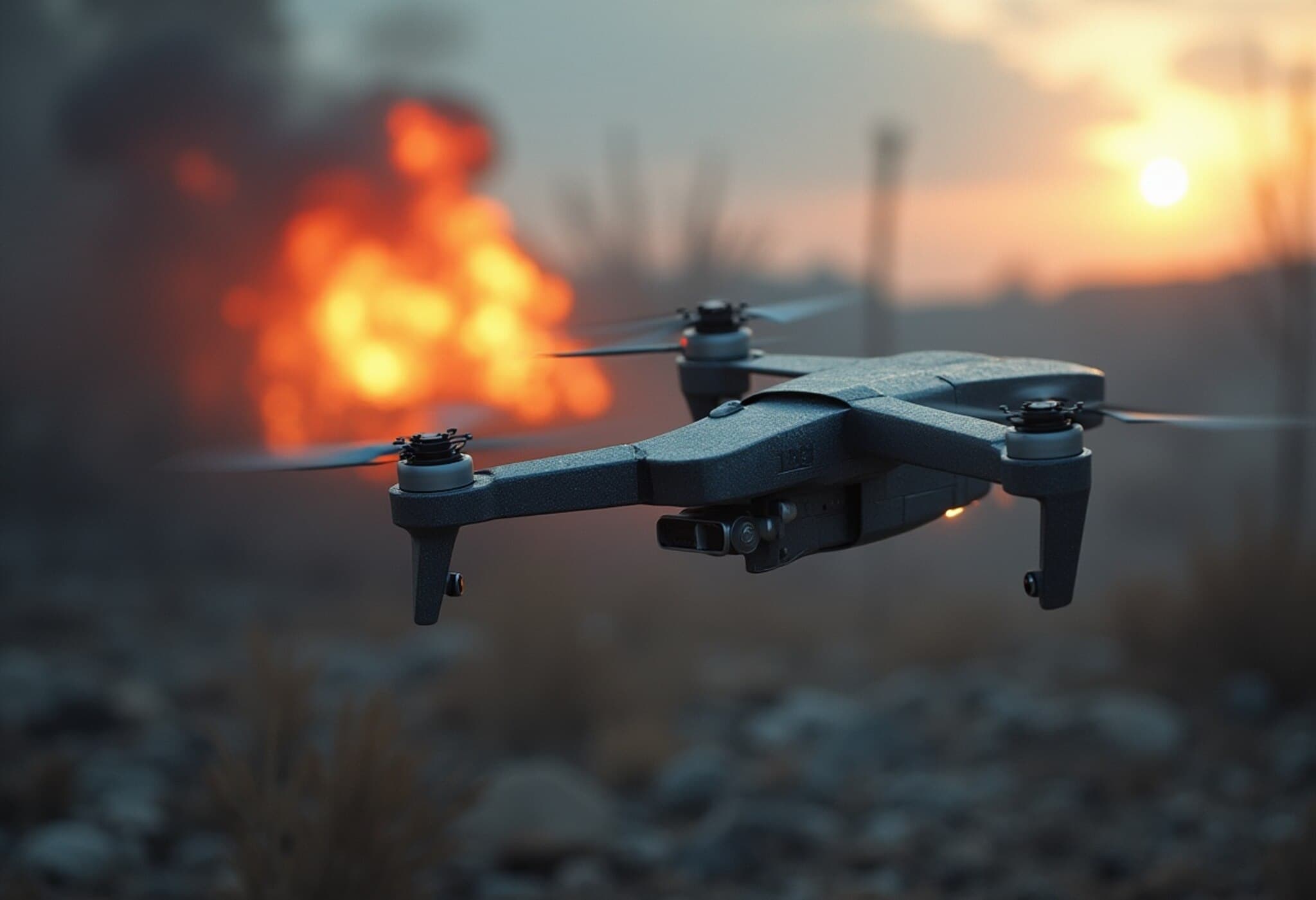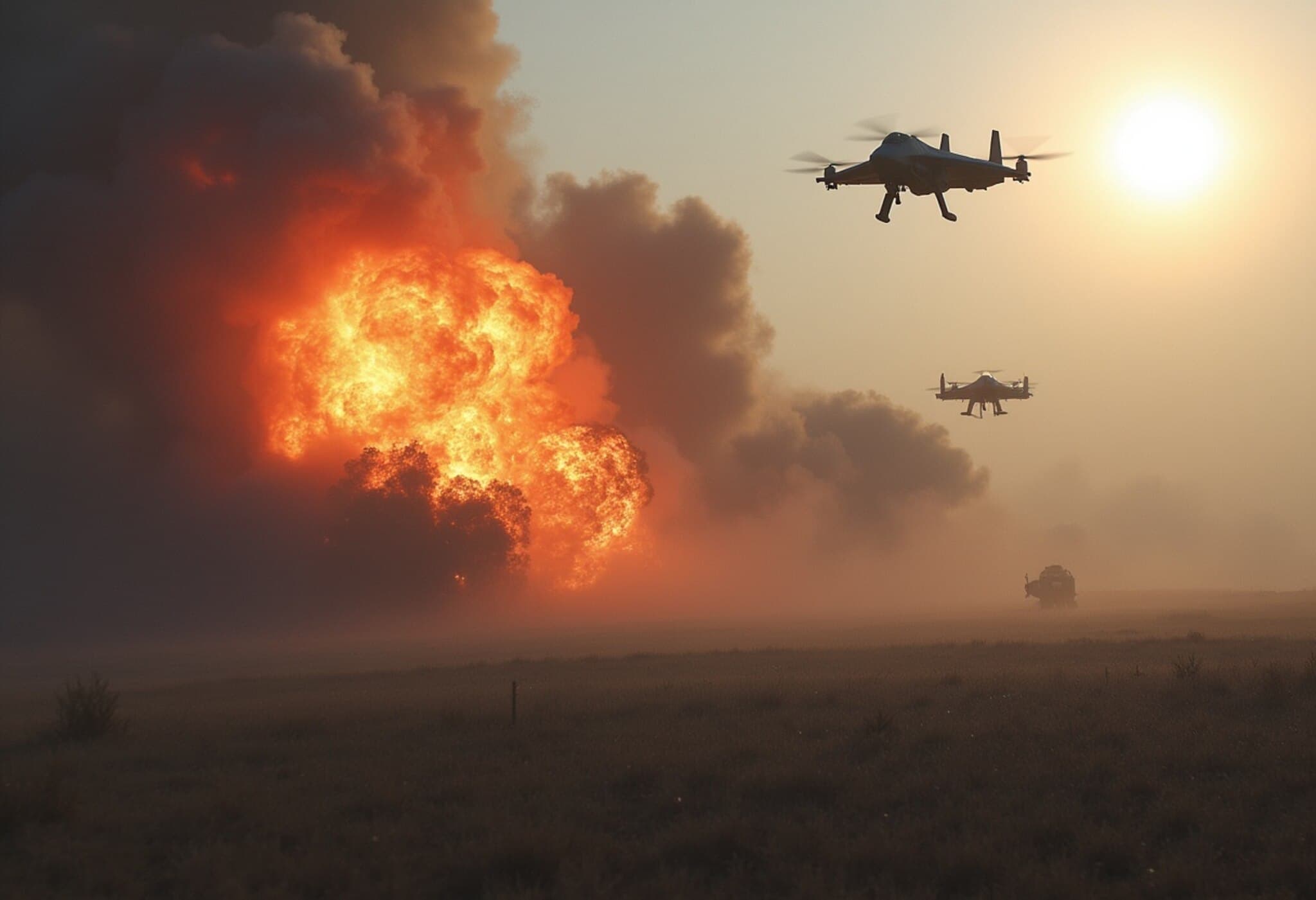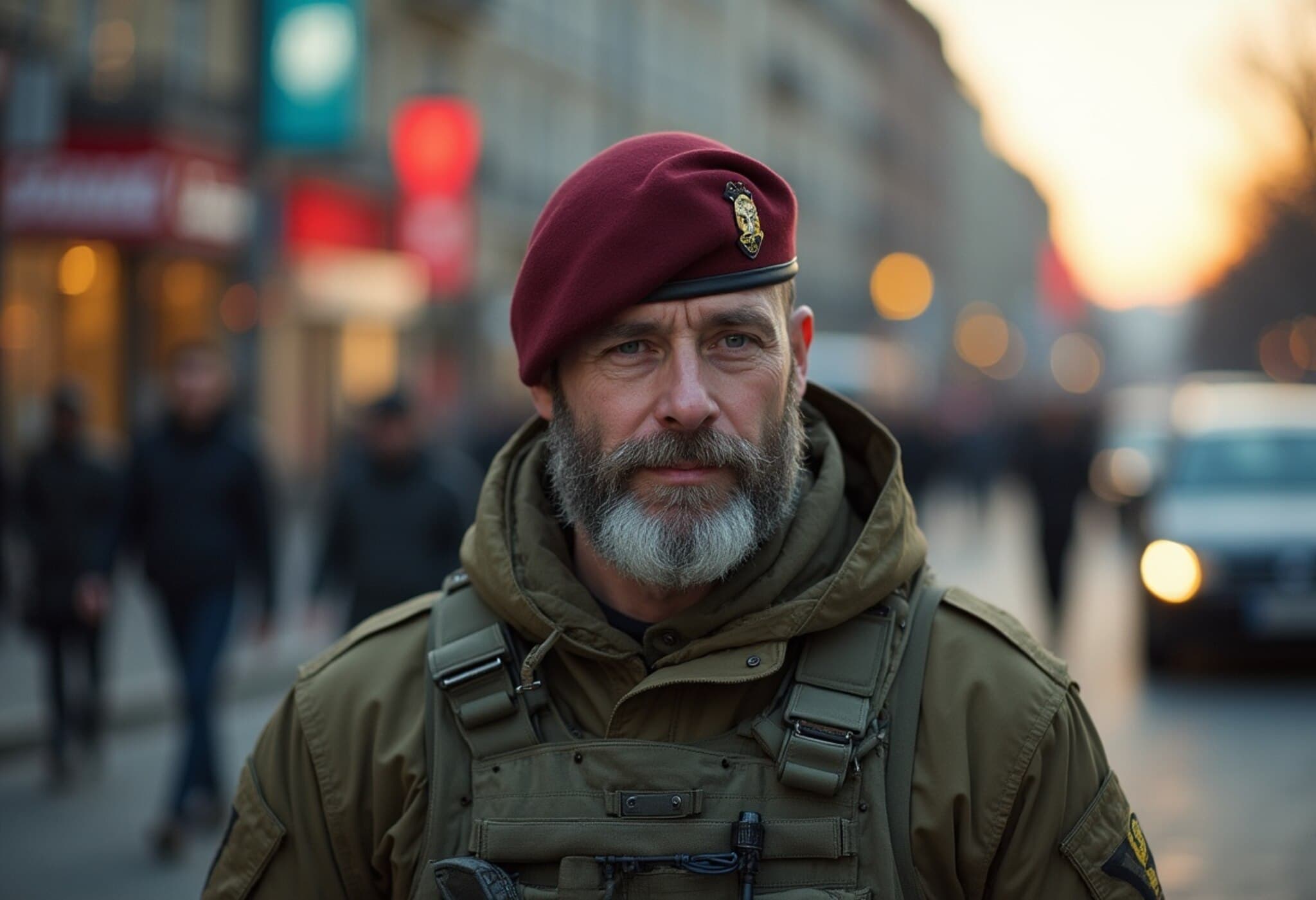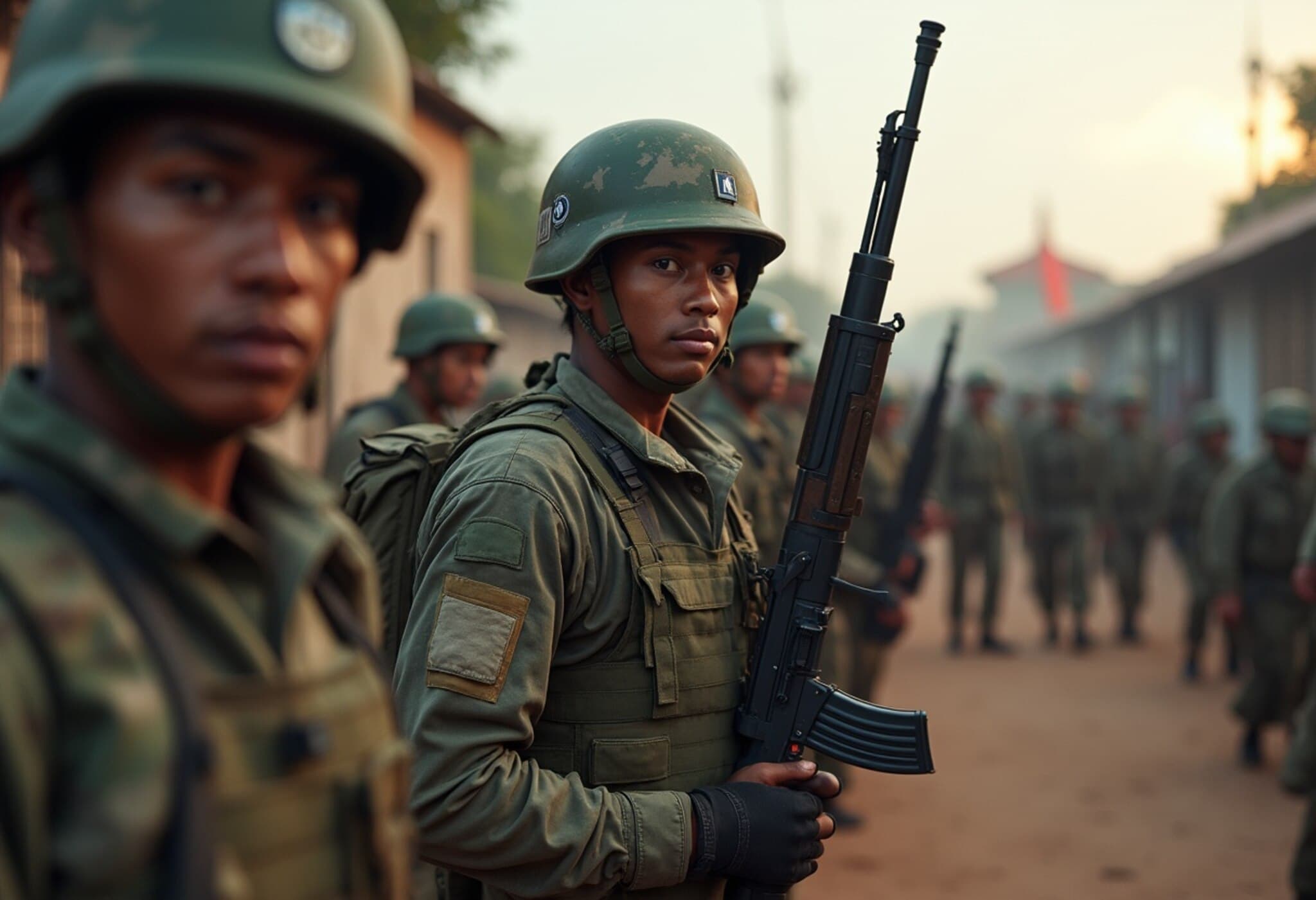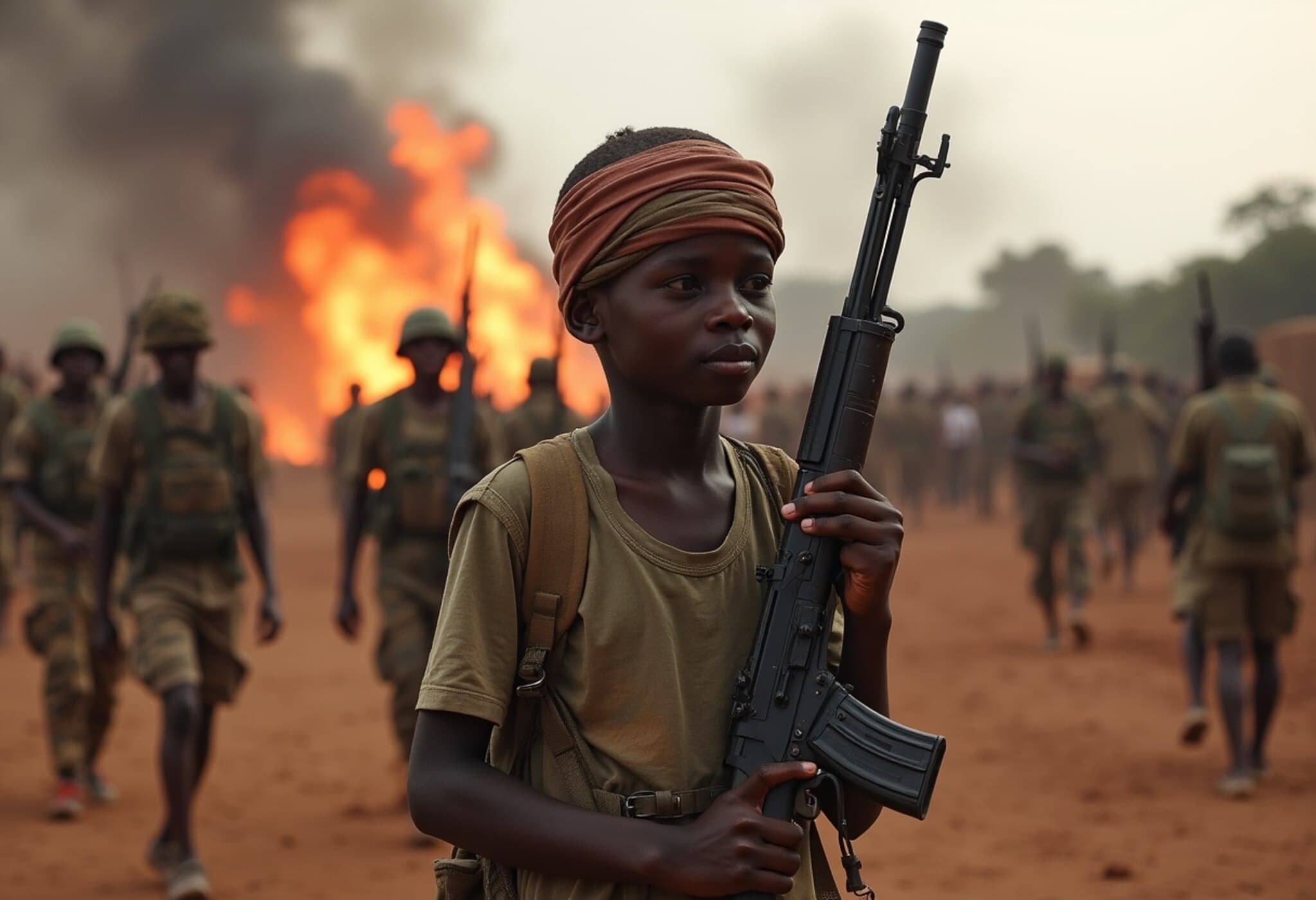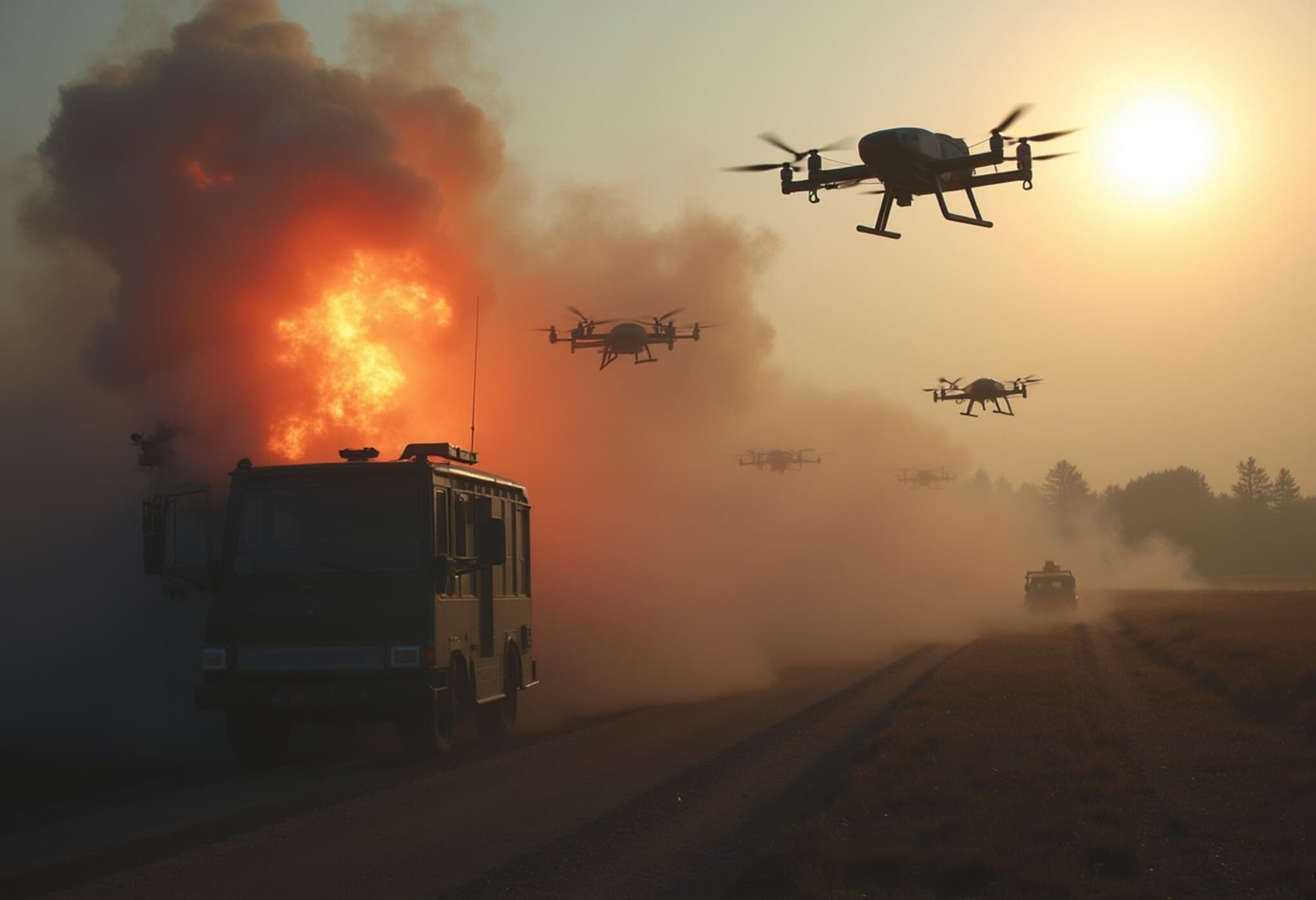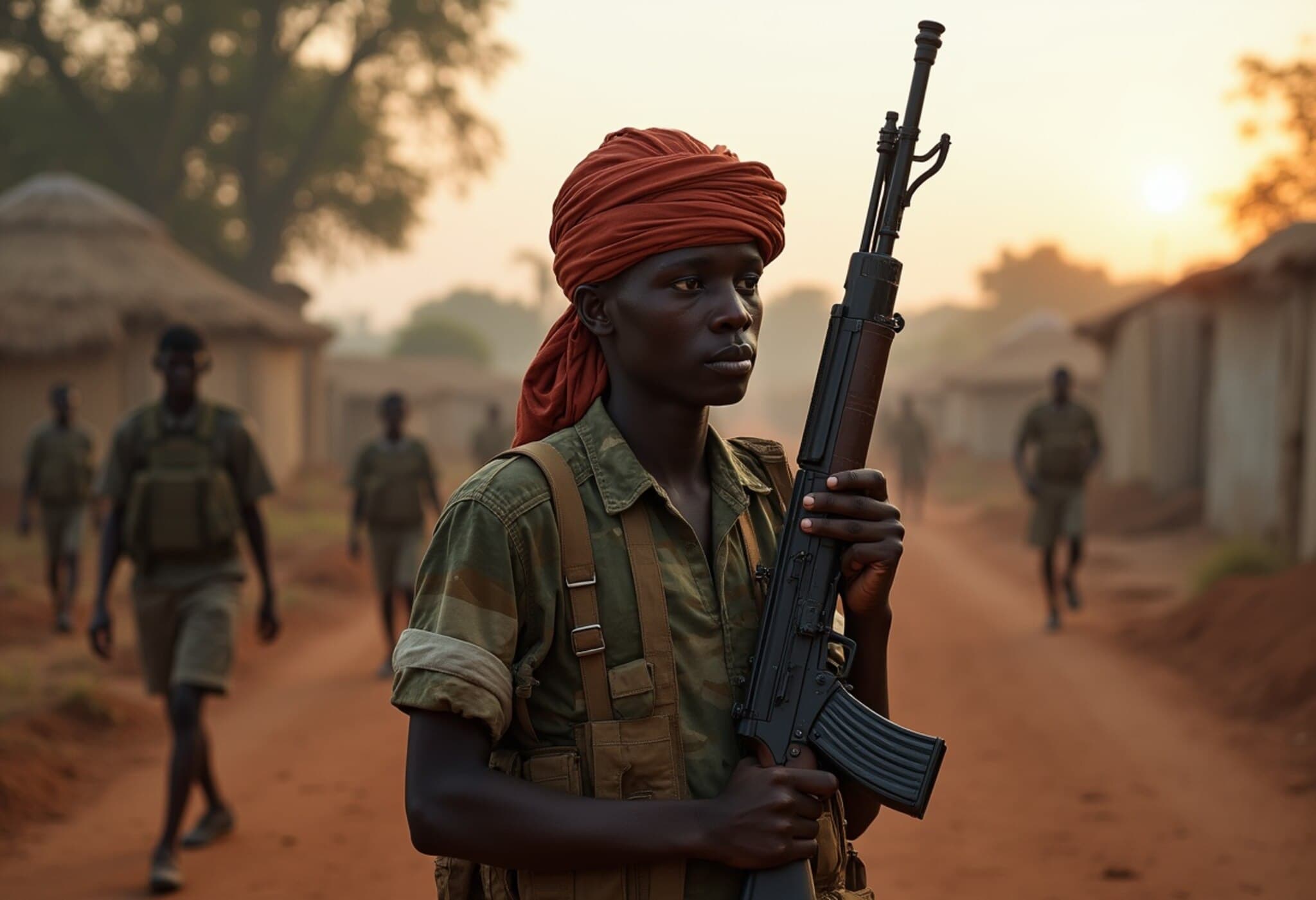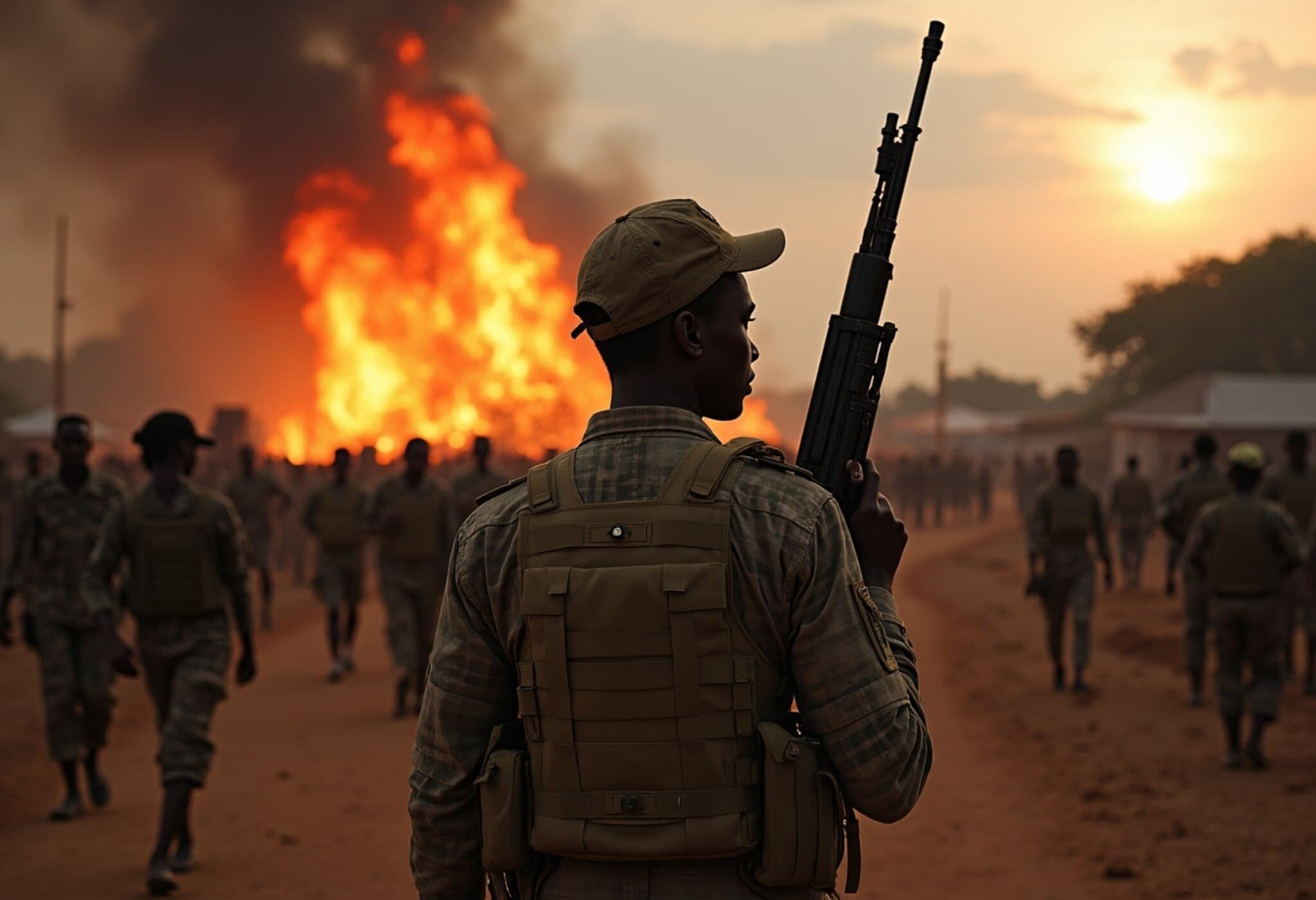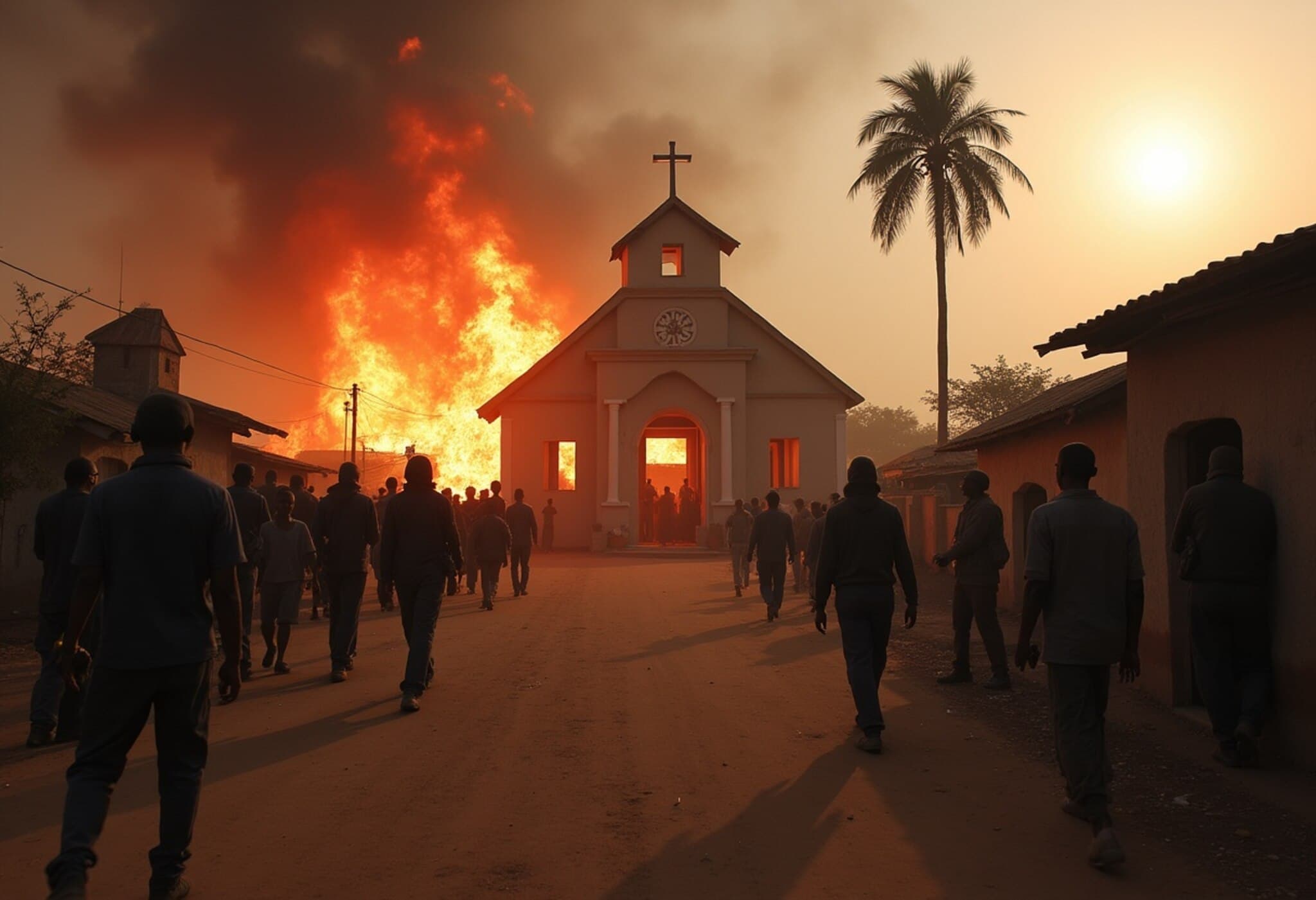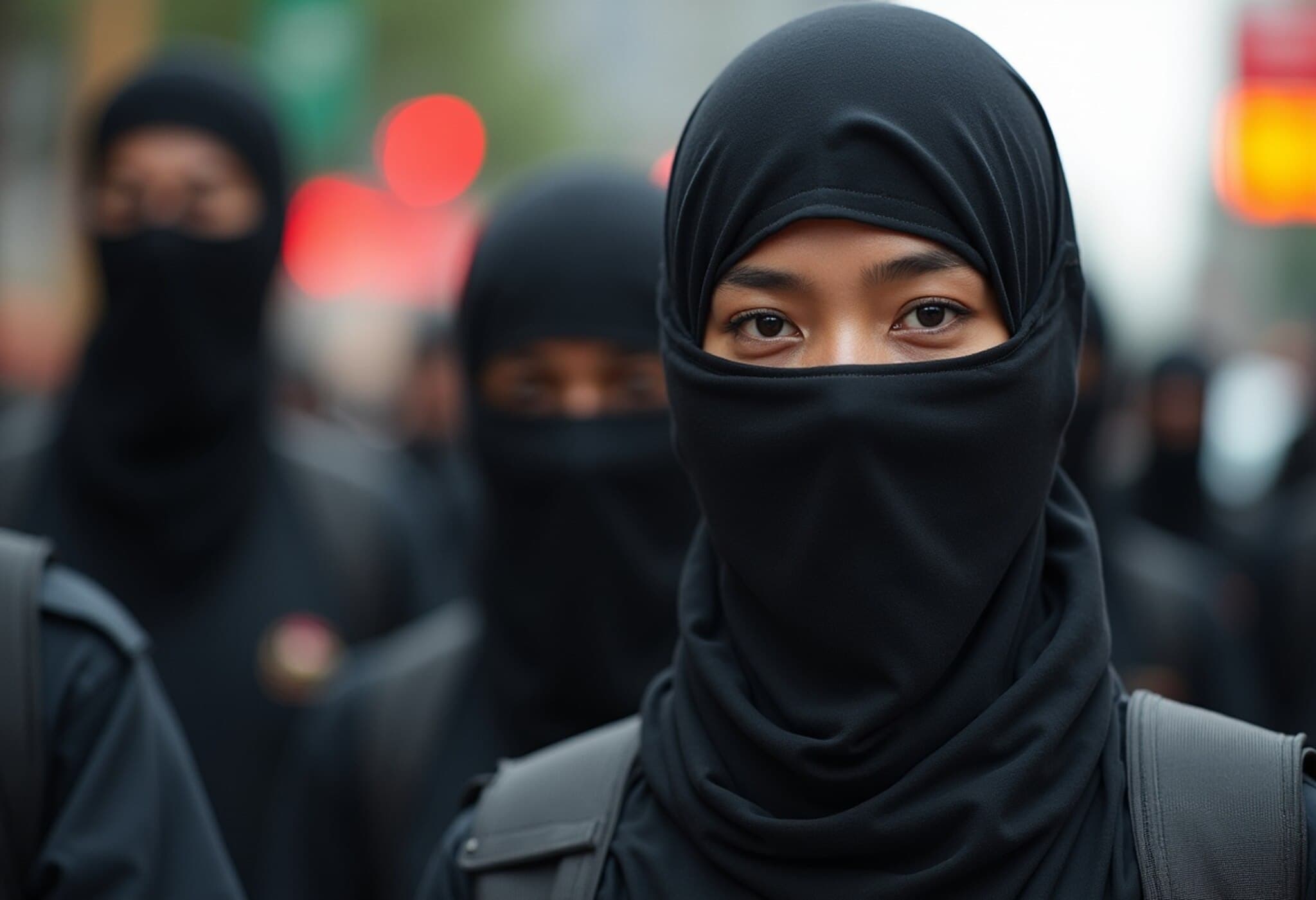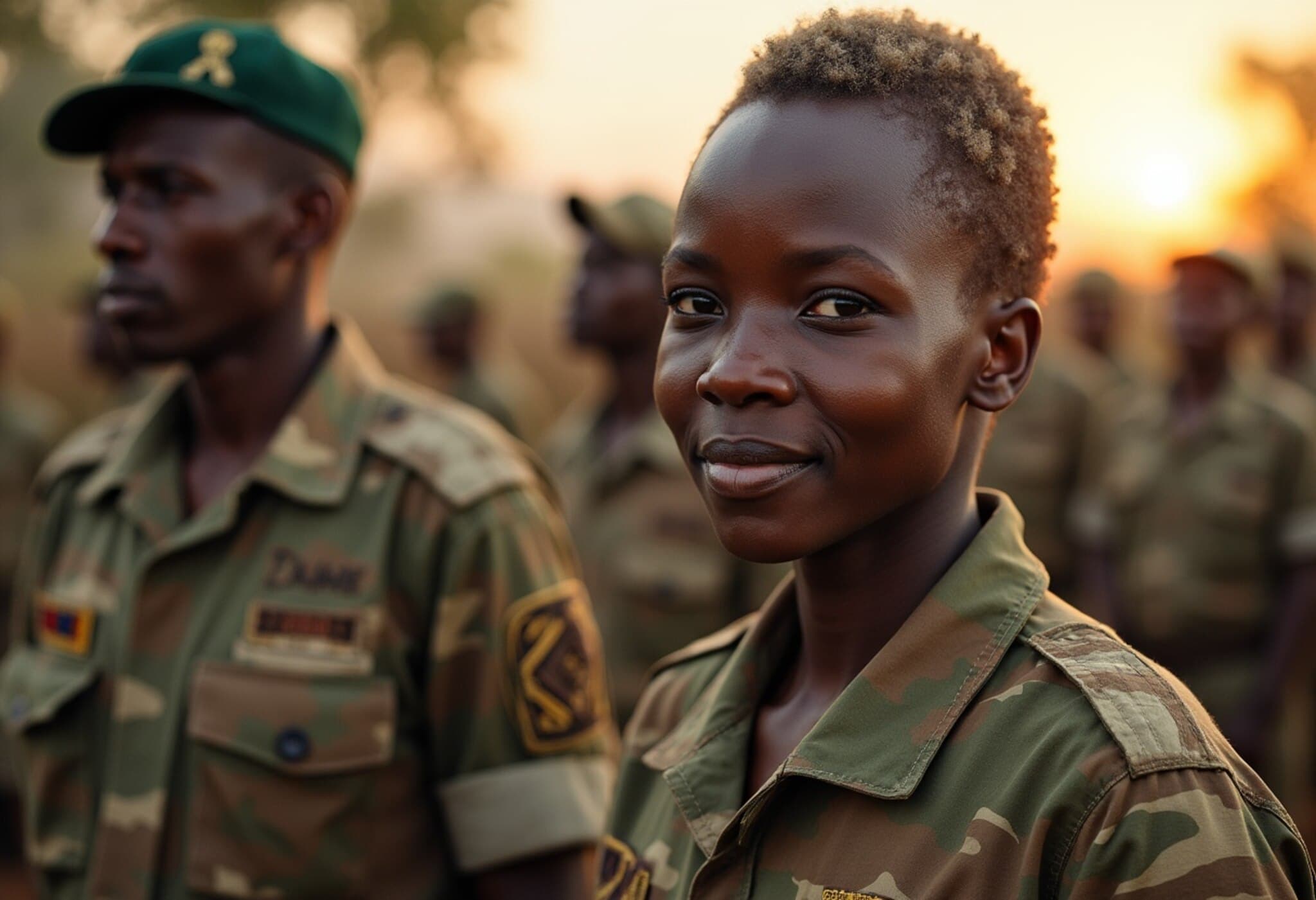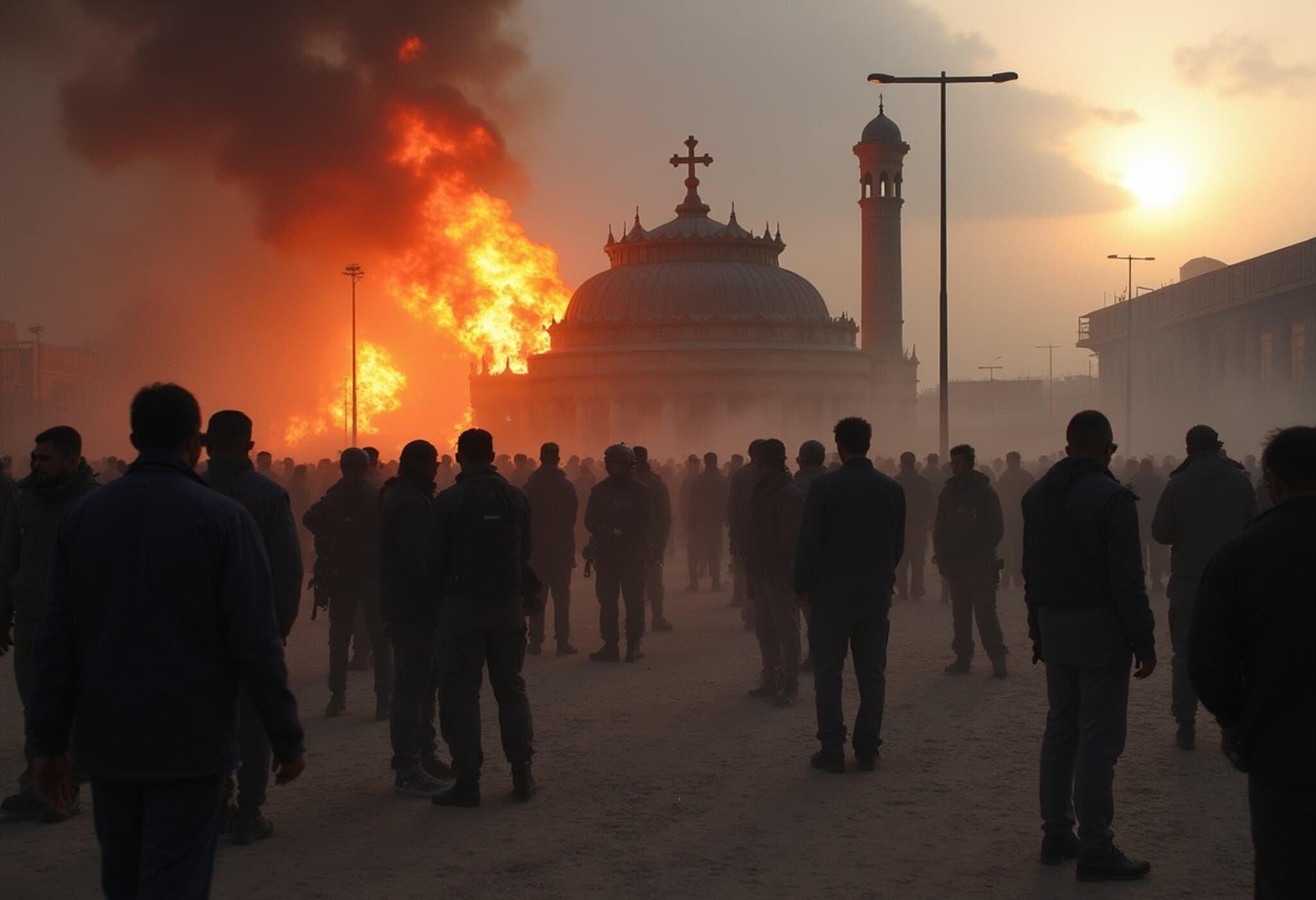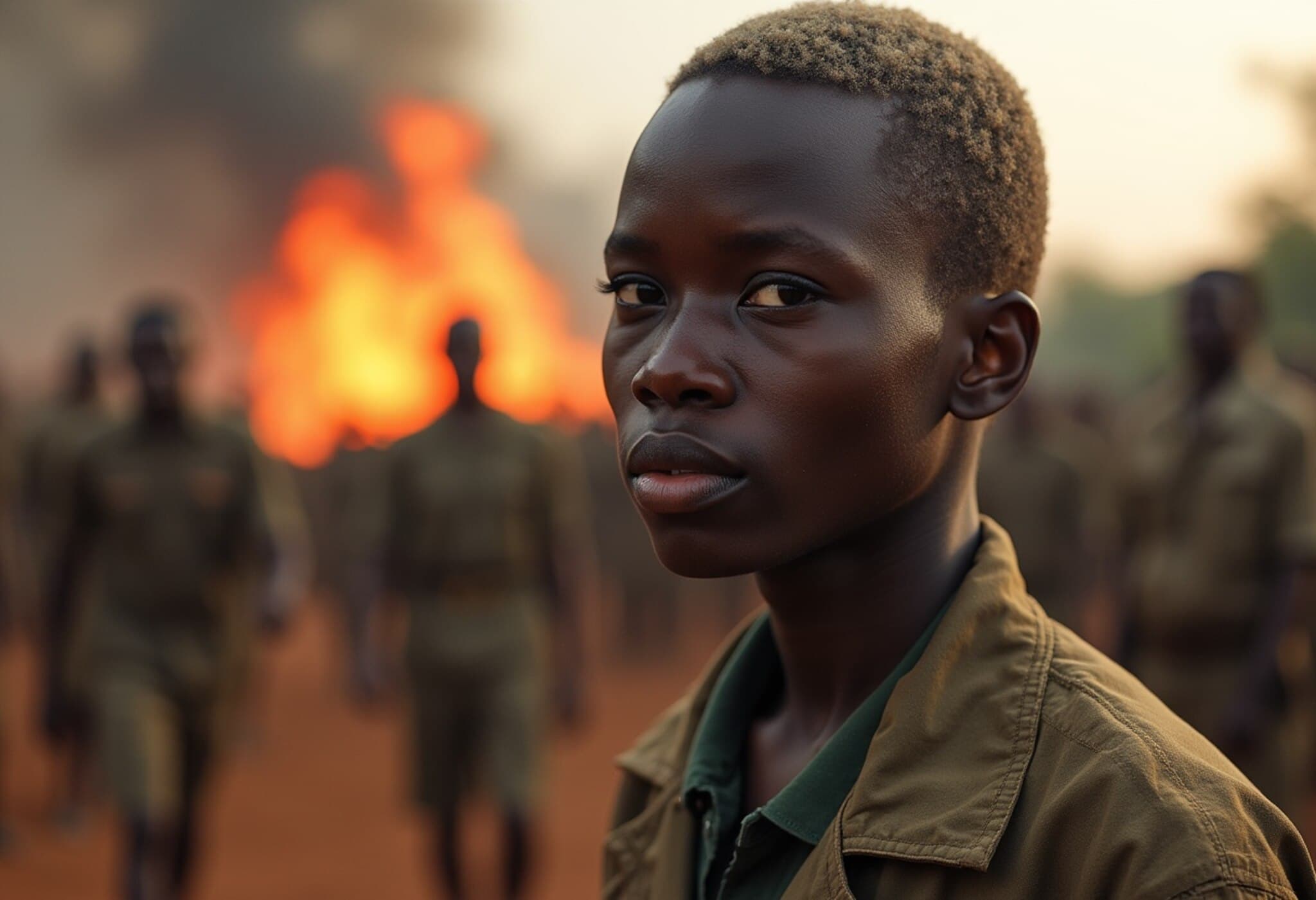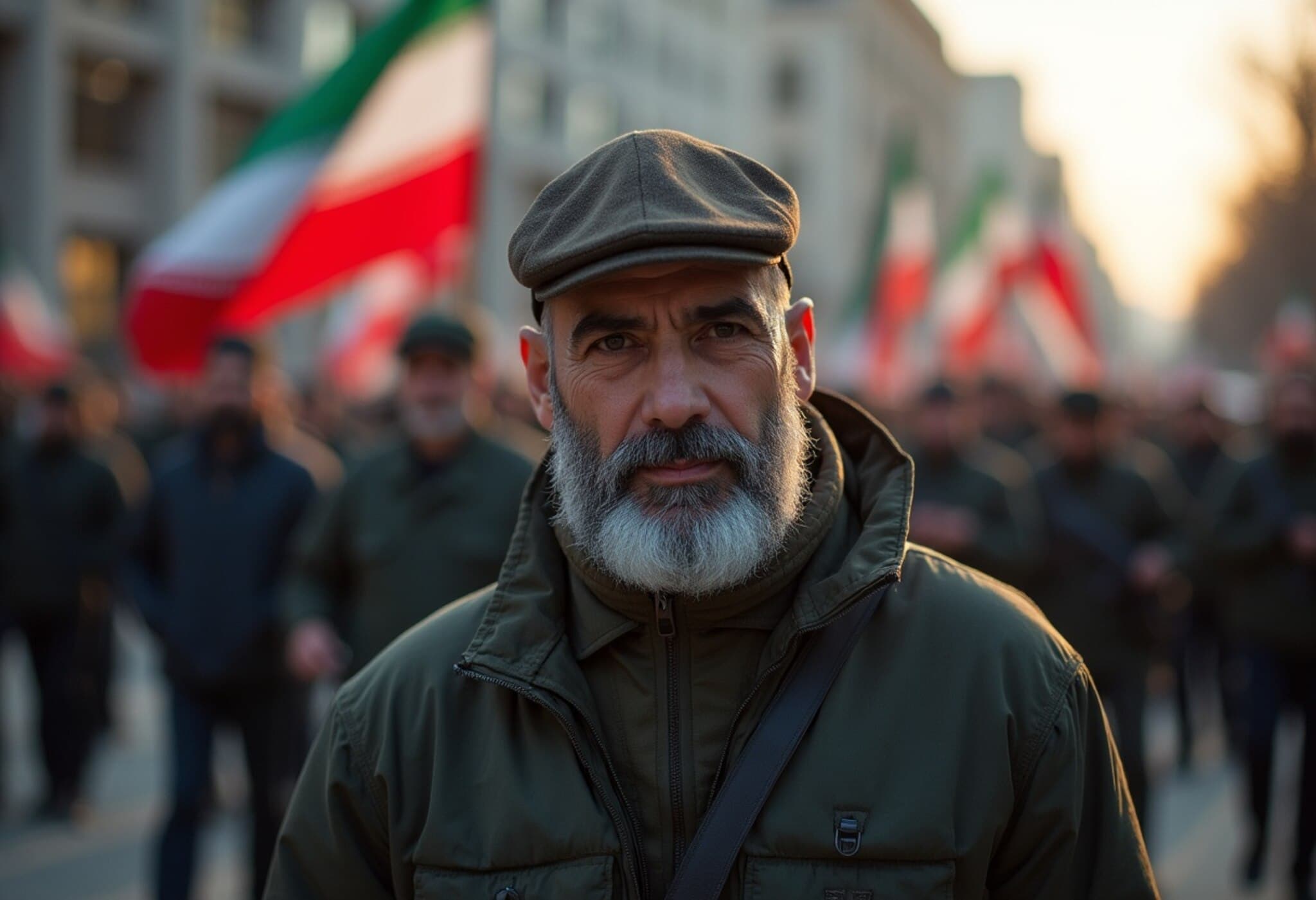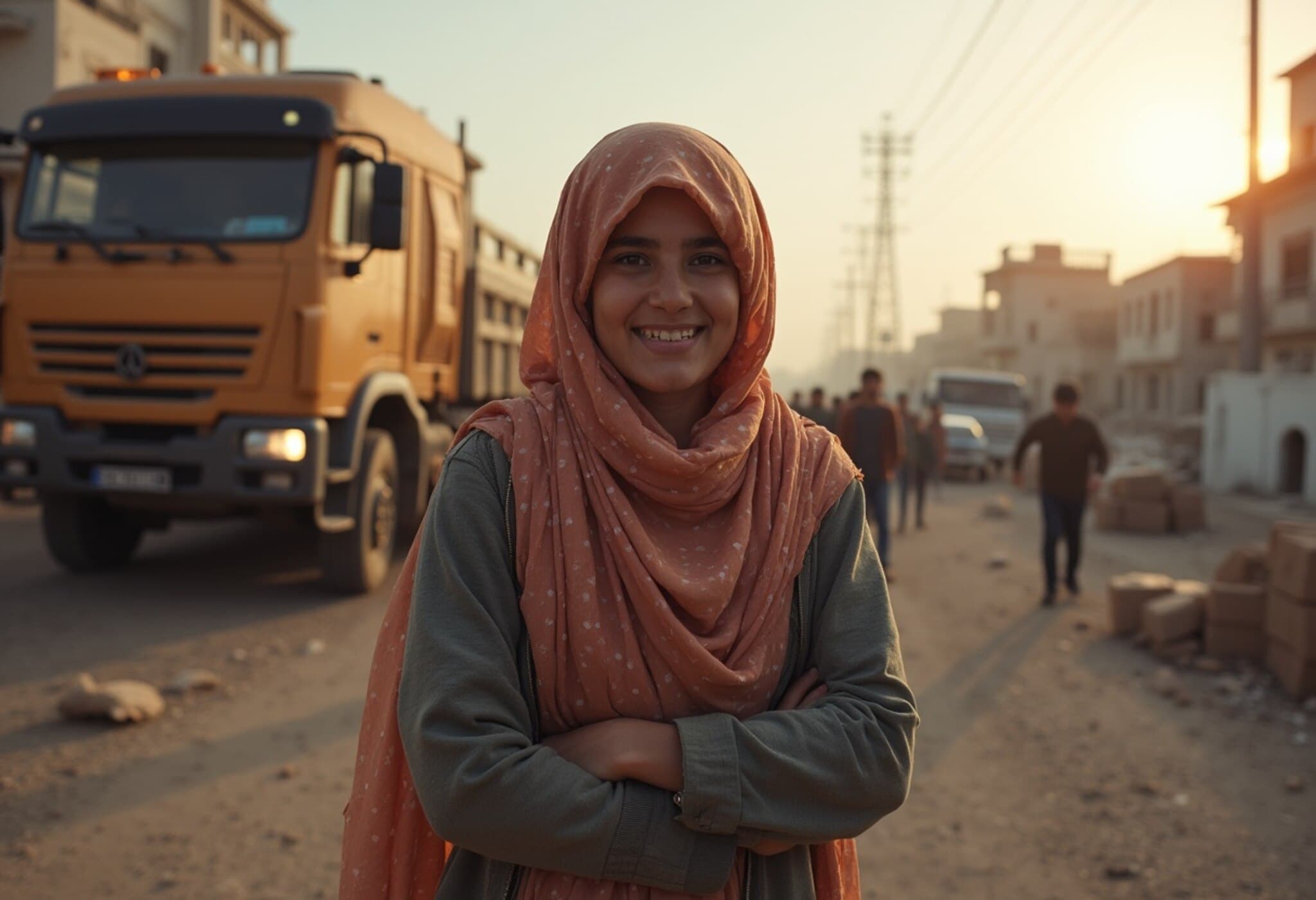Deadly Assault on Church in Eastern Congo Leaves 21 Dead
In the early hours of Sunday, a chilling attack struck a Catholic church complex in Komanda, eastern Democratic Republic of Congo, claiming the lives of at least 21 people. The assault, attributed to the Allied Democratic Forces (ADF)—a rebel group aligned with the Islamic State (IS)—once again underscores the perilous security situation in this volatile region.
Details of the Attack and Immediate Aftermath
The raid unfolded around 1 a.m. local time, with militants storming the church premises, setting ablaze surrounding homes and shops, and brutally killing worshippers and residents. Dieudonné Duranthabo, a local civil society leader, described macabre scenes where three victims were found burned, with the death toll potentially climbing as rescue and recovery efforts continue amid ongoing insecurity.
Confirming the grim developments, Lt. Jules Ngongo, spokesperson for military forces operating in Ituri province, reported, "At least 10 people were killed in a machete attack on a church near Komanda." The burning of nearby shops adds a layer of economic devastation to the human tragedy unfolding in the area.
The Allied Democratic Forces: A Persistent Threat
Formed in Uganda during the 1990s, the ADF was forced to relocate to eastern Congo in 2002 as military pressure mounted in their homeland. Over the past two decades, they have waged a ruthless insurgency aimed at establishing an Islamic state in the borderlands, marked by repeated massacres, kidnappings, and terror campaigns targeting civilians. The group's allegiance to ISIS has internationalized their profile and complicated counterterrorism efforts.
In recent weeks, the ADF was responsible for a horrific massacre in Ituri province, incidents the United Nations characterized as a "bloodbath." These cyclical attacks have devastated communities, eroding trust in state security institutions and triggering waves of displacement, with many villagers now fleeing toward regional hubs like Bunia in search of safety.
Security Challenges and Broader Conflict Dynamics
Civil society voices like Duranthabo have sharply criticized the apparent security gaps in Komanda, pointing out that despite the presence of government forces, protection remains inadequate. "We need immediate military support — the enemy is still close," he warned, highlighting the tenuous balance between insurgent control and state authority in this contested area.
The Congolese army faces a multifaceted struggle, balancing a campaign against the ADF alongside new clashes with the M23 rebel group, which Kinshasa alleges receives backing from neighboring Rwanda. This tangled web of armed groups feeds into a larger regional crisis, where ethnic tensions, cross-border insurgencies, and international geopolitics intertwine, making durable peace elusive.
Expert Insight: The Human and Policy Implications
From a policy perspective, the persistence of ADF attacks raises pressing questions about the effectiveness of current regional security collaborations and the need to reinforce local governance and community resilience. The international community’s role, particularly through the United Nations and African Union, must balance military support with conflict-sensitive development initiatives to address underlying grievances.
Moreover, the brutal targeting of religious sites not only devastates communities physically but also erodes social cohesion and spiritual refuge, amplifying trauma among survivors. Media coverage and global awareness are crucial in galvanizing humanitarian responses and sustaining diplomatic pressure to halt such atrocities.
Looking Ahead: What Must Change?
- Enhanced security provision: Bolstering troop deployments alongside intelligence-sharing to preempt attacks.
- Community engagement: Empowering local leaders to foster trust and build early-warning networks.
- Regional cooperation: Addressing cross-border insurgencies through diplomatic efforts targeting support networks.
- Humanitarian support: Scaling aid to displaced populations to alleviate suffering and prevent cycles of recruitment by armed groups.
Failing to confront these dimensions risks perpetuating a cycle of violence where innocent civilians bear the brunt, and fragile states struggle to assert their legitimacy.
Editor's Note
The attack on Komanda’s church is a stark reminder of the enduring instability plaguing eastern Congo. Beyond raw statistics, these events unravel complex threads of regional conflict, governance challenges, and human suffering. As violence continues, sustained international engagement combining security, political dialogue, and development aid will be pivotal to breaking this vicious cycle and restoring hope to affected communities.

